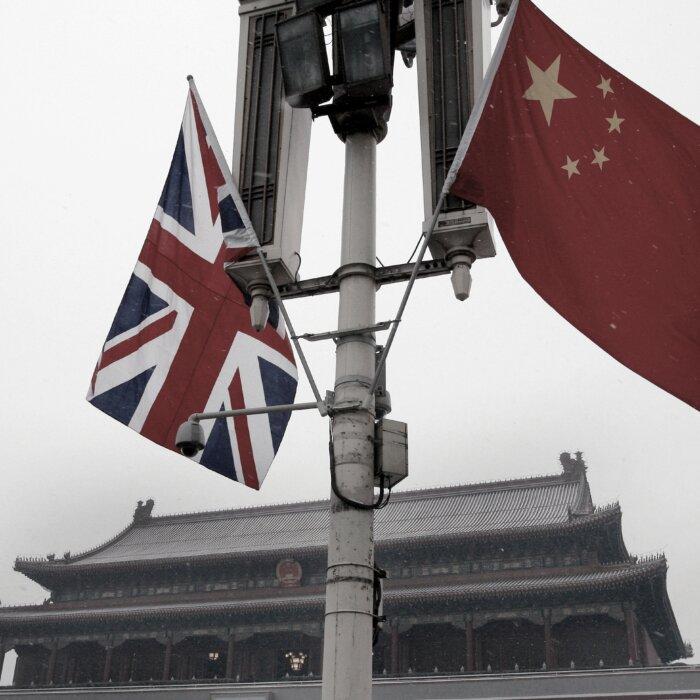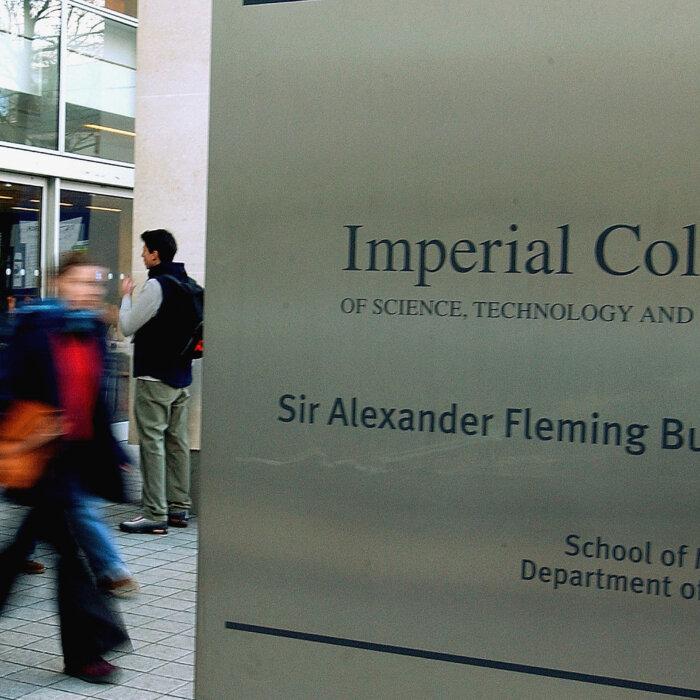Researchers at a state-owned Chinese firm have sought to use a partnership with a British university to develop AI tools with potential military use, research has found.
UK-China Transparency (UKCT), the charity that conducted the research, said its analysis suggests the effect of the now-collapsed partnership “would have been to link top British expertise and resources in to China’s national military marine combat drone research programmes, possibly without the knowledge of the British scientists.”
According to documents obtained by UKCT via Freedom of Information requests, the agreed partnership between Imperial’s Data Science Institute (DSI) and JARI would have involved the formation of a Future Digital Ocean Innovation Centre and JARI-sponsored doctorate students at the DSI.
An agreement was signed in 2019, but Imperial terminated the partnership in 2021 and returned all upfront funding following “consideration of UK export control legislation and consultation with UK government.”
UKCT said it was told by Imperial that “nothing in the planned work was to assist with anything military-related,” but an email, written in Chinese, suggested JARI had other ideas in mind.
The email was sent to an Imperial professor, whose name was redacted, and Huang Ping, who was hired by Imperial in 2018 on a “casual worker contract.”
Releasing the email to UKCT, Imperial noted that Ms. Huang’s role was “faciliatory [sic]” and “the Contracts Partnership Team would lead on contract negotiations for the Department.”
Ms. Huang is still employed by Imperial, although her current role is “running lucrative summer and winter schools,” UKCT said.
It’s unclear whether English-speaking personnel at Imperial were made aware of the reference to the smart military base.
Ms. Huang didn’t respond to The Epoch Times’ request for comment.
Before Imperial ended the partnership, it had filed an export licence and was told no licence was needed, the university told UKCT.
The would-be partnership was organised by Guo Yike when he was the head of DSI. The world-leading AI expert was also highlighted in the Channel 4 documentary last year for his role in publishing eight papers with the University of Shanghai, including a number of papers on controlling multiple unmanned surface vehicles and one titled “Missile aerodynamic shape optimization design using deep neural networks.”
He told the broadcaster at the time that the papers had been written to “help expand our existing base of scientific or technological knowledge rather than immediately solve specific real-world problems,” and the examples used were for “illustrative purposes.”
He also said the technology has “a variety of” non-military applications.
According to UKCT, Mr. Guo has connections with a number of military-related research institutes in China. The research also found that he set up a government-sponsored company named Sulon Big Data, which claimed to be dependent on DSI.
A now-deleted brochure, archived by UKCT, mentioned six Imperial academics. UKCT said more than one of them responded to its request for comment and all those responded said they had never heard of Sulon before.
The charity said its “analysis of the network of actors connected to the DSI-JARI partnership in China, and the British scientists whose involvement was planned, suggests that the effect of the JARI-DSI partnership would have been to link top British expertise and resources in to China’s national military marine combat drone research programmes, possibly without the knowledge of the British scientists.”
It also cited Imperial’s response to the claims: “The report does not provide evidence to support these claims, or pinpoint specific relevant connections.”
In an email to The Epoch Times, an Imperial College London spokesperson said: “Imperial takes its national security responsibilities very seriously. We regularly review our policies in line with evolving government guidance and legislation, working closely with the appropriate government departments, and in line with our commitments to UK national security.
“Under Imperial’s policies, partnerships and collaborations are subject to due diligence and regular review, and clear research codes of practice apply to all staff at Imperial. It is as a result of this approach that the partnership was terminated, no research took place and all funding was returned. Imperial’s research is open and routinely published in leading international journals and we conduct no classified research on our campuses.”
Mr. Guo, who is now provost of the Hong Kong University of Science and Technology, did not respond to The Epoch Times’ request for comment.







